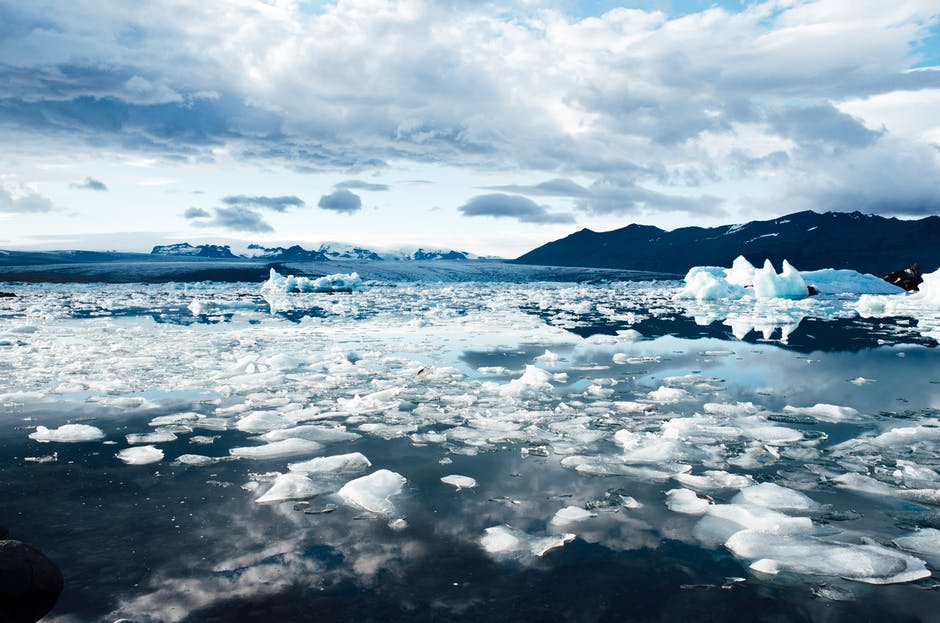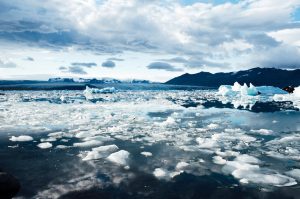An enormous glacier the size of Florida may be on the brink of melting so quickly it could cause catastrophic global sea level rises, scientists have warned.
While the climate crisis has seen temperatures soar and rapidly reduce ice levels in the Arctic, down in the Antarctic, far larger ice sheets containing much more water are now believed to be at significant risk of collapse, despite previously being considered stable.
The Thwaites Glacier is one of five recently identified unstable Antarctic glaciers which have doubled their rate of ice loss in just six years.
Covering 70,000 square miles, it is likely to accelerate its flow into the ocean, a new study into Antarctic ice sheet stability has suggested.
Once it passes a tipping point, it will become an unstoppable process which could raise sea levels at a much higher rate than previously estimated, researchers from the Georgia Institute of Technology, Nasa Jet Propulsion Laboratory, and the University of Washington said after using computer models to forecast how the glacier’s instability could affect the rate of ice it sheds.
All of the models pointed towards the glacier reaching a tipping point and the ice sheet’s subsequent collapse, they said.
In the worst-case scenario the ice from the Thwaites Glacier alone could raise global sea levels by as much as half a metre (20 inches) in as little as 150 years.
Read more: Independent





